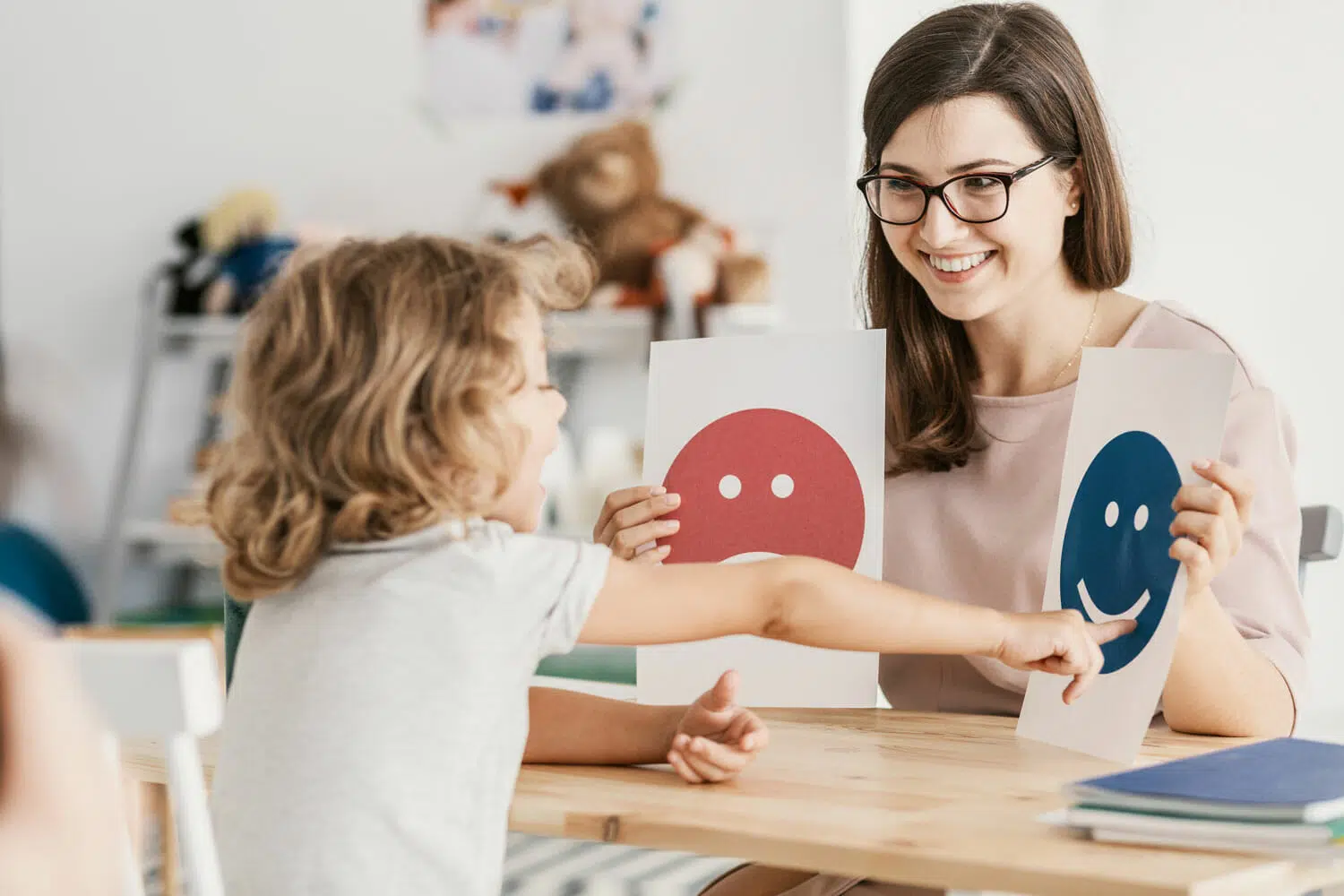The clothes wringer was invented in the 1880s by a woman, Ellen Elgin, and is still sold today. We mention it in passing because many of our clients feel as though their divorce has put them through the wringer, at least figuratively. After divorce, if you feel wrung out, twisted in knots, and a bit soggy, could counseling help?
Counseling After Divorce for You
The first target of post-divorce counseling should be you. Heal thyself, and a lot of the world around you will come into better focus. Divorce is the second-most stressful event in an adult’s life, according to the Holmes and Rahe Stress Scale. Even if you initiated the divorce, your psyche will not escape the process unscathed.
Getting help for yourself sets you up to improve your relationship with potential future partners, resolve issues with your ex-wife, and get along better with your children. You may enjoy your life more by seeking therapy after divorce. Other benefits include:
- Controlling your finances
- Liking who you are and who you have the potential to become
- Handling your children more surely
Learning to control what you can, and accept what you cannot control, includes dealing with your ex-wife.
Counseling After Divorce for Your Ex-Wife
You will need to communicate with your ex-wife throughout the remainder of your lives, even if such contact eventually dissipates into an annual holiday card. Just as nobody can be helped who is not ready to be helped, you will not convince your ex-wife to seek counseling with simple facts.
You may suggest some of the benefits of counseling (and this argument is stronger if you are going), so your ex-wife realizes how much the divorce affected her. Perhaps she is snapping at your children — you have a right to protect your kids and strongly suggest she seek help. Perhaps she is mismanaging money and seeking modifications of spousal support.
Your suggestion can only go so far. At some point, if she does not see the benefits on her own, you may need to distance yourself until she comes around to realizing she cannot be mad at you and the world forever.
How About Ex-Couples Counseling?
Does attending counseling as an ex-couple even make sense? You can try, so long as you are sincerely pushing for it as a way to cast a new relationship between you two. Therapists Julie A. Ross and Judy Corcoran recommend that you not hold unrealistic expectations of a therapy session, post-divorce:
- A therapist may not be able to provide clarity about the future of your relationship
- A therapist is unlikely to convince your ex-wife that you are right
- No therapist will forcefully suggest that you two get back together, since they are trained to take a neutral stance, letting the client propel the insights
- Sometimes, the experts say, joint counseling demonstrates to you or your ex-wife why divorce was the right choice
Counseling for Your Kids
Though children are by nature supposed to very self-centered, divorced adults often are far more egocentric. They justify a divorce in their own minds, and assume the children will just go along with everything, unwilling but unopposing passengers.
Just because you “are fine with it,” your children may not be happy about shuttling between two households. They may not have worked through their issues with seeing their Mommy and Daddy part ways. Be conscious of their needs, and consider two different types of therapy:
- Kids alone with a competent, child-centered therapist
- You and your kids together with a family counselor
The National Center for Biotechnology Information (NCBI) presents a four-step model for effective family counseling after divorce:
- “Redefine the family as existentially including all members
- Generational boundaries are firmed in order to reduce the parentification process, often intensified by the parent’s physical absence
- The family needs to have a replay of the history of the marriage to correct developmental distortions and offer a chance to mourn the loss of the intact family
- Therapists attempt to facilitate an emotional divorce”
A divorced father may suffer from not knowing what he does not know about his children’s stressors. Counseling may help give your children the soft landing they need to move on with their lives after divorce.
Cooperative Co-parenting
For a Virginia man and woman dealing with the effects of divorce, children are often the catalyst leading to the greatest positive change.
If you can agree on nothing else, you can both agree that co-parenting is a necessity, and therapy can get you to co-parenting.
As Psychology Today tells it, “Of all the strategies that can be used by divorcing parents to reduce the harmful effects of divorce on their children, the most important is the development and maintenance of a cooperative co-parenting relationship.”
The Firm For Men does not offer personal counseling, but when you call 757-383-9184 or contact us online you can reach a counselor at law. Our experienced attorneys can help with all aspects of separation, divorce, and post-divorce legal work. Family law is what we do and serving the needs of Virginia’s men is our passion. Let us help you today.

